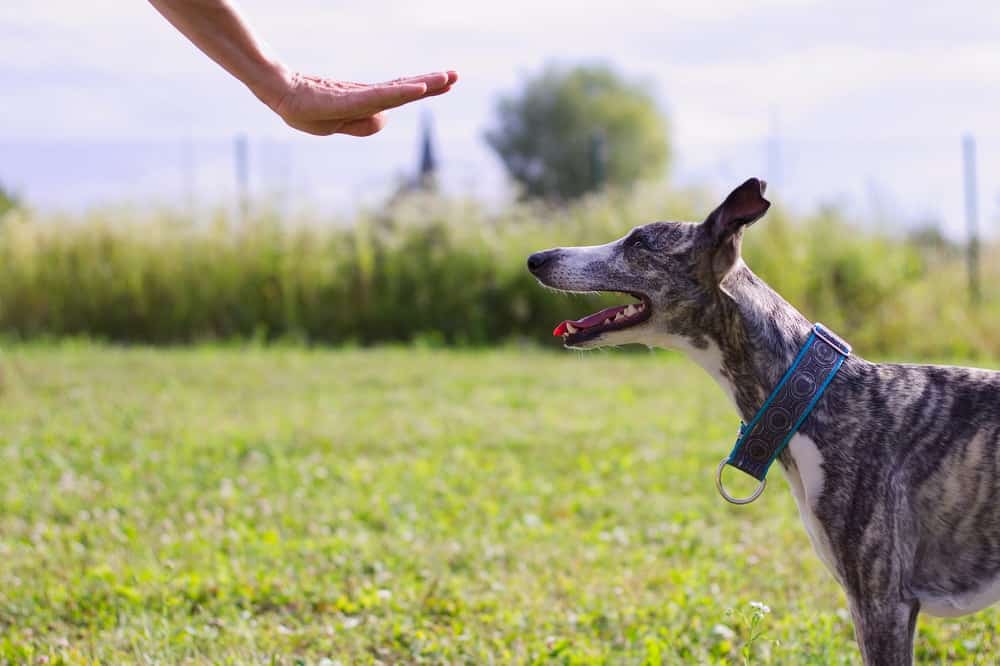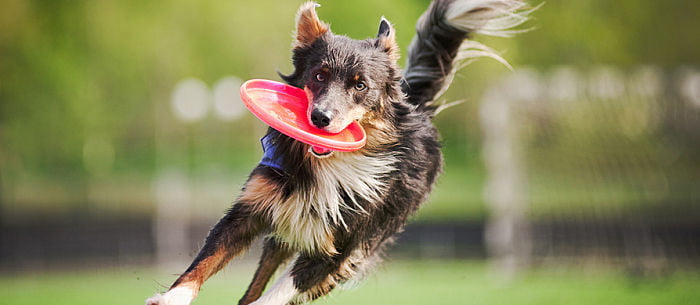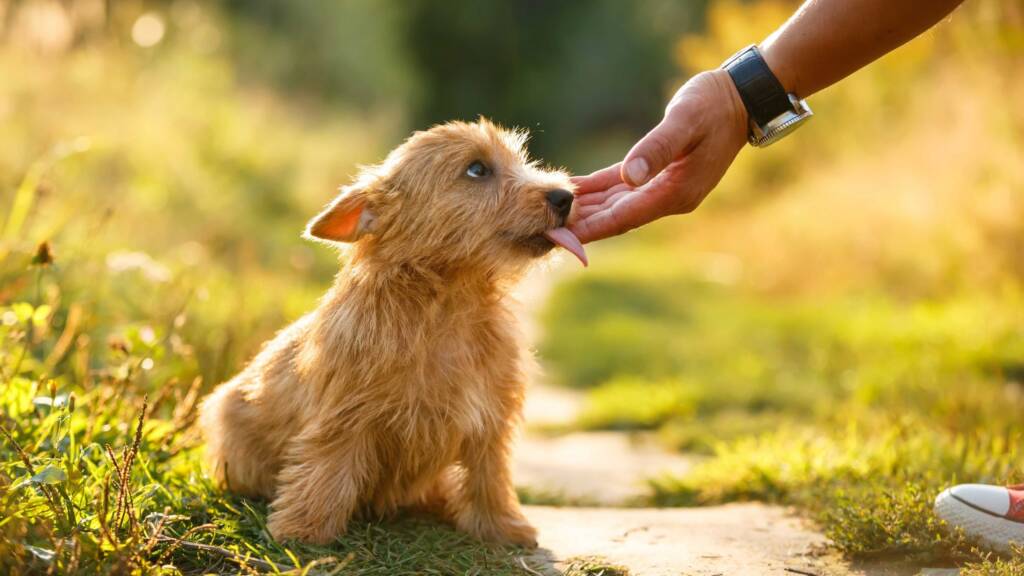Labrador naughty: Generally speaking, Labrador retrievers have sweet personalities and are generally easy to train.
Nevertheless, like any other dog, your Labrador can behave badly if you do not discipline them appropriately.
Listed below is everything you need to know about bad Labrador behavior and how to fix it.
Labrador Retriever Bad Behavior Signs
Although Labradors are easy to train, they can exhibit bad behavior, especially if their owner is not used to owning dogs. Owners of Labradors commonly have the following problems with their dogs:
- Rough play
- Nipping
- Destructive behavior and chewing
- Not listening to you and ignoring you when called
- Pulling on their leash
- Excessive barking
- Digging
- Aggression
- Begging
It is more common to see the first two problems when your Labrador is still a puppy. Those last two can happen to your Labrador at any age.
The Best Way to Handle a Badly Behaving Labrador
Tip #1: Direct their attention.
You may think that your Labrador is misbehaving because he is bored or wants attention. You may think that getting angry or yelling is your way of showing them how much you care for them. You will have to redirect their attention to correct their behavior without indulging them.
If your Labrador chews on something he is not supposed to chew on, calmly stop him. on as they stop, give them a toy that they can play with instead, and give them a treat afterward. You can explain to your Labrador that misbehaving does not get your attention or make you happy.
Tip #2: Make a schedule.
When your dog does not have a schedule, they are more likely to misbehave because they feel bored or anxious. Structure and schedule are important to Labradors, so create one for them.
Your lab should be fed, walked, and played with at the same time every day. Establish a routine for when your lab goes to sleep. Since your Labrador will know when to behave and what to do, they’ll be less likely to misbehave.
Tip #3: Teach them obedience.
You might not think that simple commands like “come” or “sit” are effective in stopping bad behavior. However, basic obedience training is the key to stopping bad Labrador behavior.
We mentioned earlier that Labradors like structures. It will be a structure that they recognize as a structure they must follow if they know they must listen to you.
It will help you break their destructive habits if you give them basic and regular obedience training. Moreover, if they learn commands like “stop” and “no,” they’ll learn when to stop bad behavior.
Tip #4: Make sure they exercise.
There is tons of energy in Labradors. To release that energy, they chew on your furniture when they do not use it. For your Labrador to behave better, you must make sure that he gets enough exercise.
For every month your Labrador is a puppy, they need five minutes of exercise. Three-month-old Labradors require 15 minutes of exercise, while four-month-old Labradors require 20 minutes.
Depending on their age, your Lab will require different amounts of exercise as an adult. Labradors need at least an hour of exercise a day to remain healthy and normal. If your dog is relaxed, they probably need 45 minutes of exercise. Depending on how energetic your Labrador is, they may need 1 12 to 2 hours of exercise per day.
You can play fun games with your dog, such as fetch or tug of war, to give them some exercise. You can also take them for regular walks several times a day. You can go on a jog or a run with your Labrador if you want to work out together.
Tips #5: Prevent bad behavior.
It is just as important to prevent bad behavior as to correct it. If you cannot watch your Labrador 24 hours a day, you need to find ways to avoid coming home to a cluttered house.
You can put the pillows away when you are not home if your dog likes to chew on them. If you have a garden, you can fence it in to protect it. By doing such small things, you discourage them from forming bad habits.
Tip #6: Exercise their minds.
Due to their smart nature, Labradors tend to get bored because they need mental stimulation. Just like their other muscles, their brains also require exercise.
Several ways can be used to challenge your Labrador, such as giving them a puzzle toy or teaching them new tricks. Additionally, you can play find-the-toy or hide-and-seek with them!
Tips #7: Keep them indoors.
A Labrador Retriever is a social dog breed that wants to be near you and your family. Spending too much time outside without people will cause your Labrador to feel lonely.
When your Labrador feels lonely, he or she will dig, howl, bark, or chew to catch your attention and relieve boredom. This may be why you should keep them with you inside the house.
Tips #8: Reward appropriately.
It might be tempting to give your Labrador a treat to stop them from barking, chewing, etc. Giving them treats, however, will make your dog believe that their bad behavior is acceptable.
Instead of rewarding them with treats when they misbehave, you need to discipline and reward them properly. It is important to draw a clear line between good and bad to teach your dog how to behave.
You should only reward your dog when he listens to you. The more they think they will please you and receive a reward for their good behavior, the more likely they are to keep being good.
Tip #9: Establish dominance.
They will think that they are the pack leader if you allow them to do whatever they want whenever they want. You must establish your dominance to let them know you are in charge.
Be firm with your Lab to show them you are in charge without yelling at them or harming them.
In summary
To keep bad Labrador behavior from getting out of control, it is crucial to correct it as early as possible. To cope with your Lab’s naughty behaviors, you can follow the tips we outlined in the previous section.
You may have to spend some time teaching your Labrador retriever how to behave properly. Still, the love and affection that you will receive, in return, will be worth it.
How do I control my naughty lab?
Use a firm voice when instructing your dog; don’t yell or lose control. Dogs are very intuitive and will be able to sense your frustration and may react in kind. Firm and assertive commands will communicate to the Labrador what you want him to do.
How do you discipline a lab?
To discipline a Labrador use positive reinforcement to reward good behavior, such as giving treats or toys. Negative reinforcement can also be used, such as withdrawing the reward for bad behavior. We aim to increase the frequency of response in both methods. Discipline is not a negative thing.
How do you punish a dog for being naughty?
If you need to discipline your dog, correct it while it’s in the act of doing something that isn’t allowed, or right before. Try to offer it something that is allowed, instead. For example, if the dog is chewing on a shoe, say “No” firmly, then take away the shoe and offer the dog a chew toy instead.
What age are Labradors most naughty?
The last two tend to feature most strongly in the first eighteen months. But the first two can occur in Labradors of any age.
How long are Labs naughty for?
There is quite a lot of room for variation in this timeframe, so don’t expect all Labs to mature at the same time. Labs reach sexual maturity somewhere between 6 and 9 months old. But mental maturity can take the longest of all, with boisterous puppy behavior lasting as long as two years
Are Labs aggressive?
Happily, Labradors are not known to be aggressive dogs. In fact, they are generally known for having a laid back, friendly and patient personality – which makes them such a great family dog.


